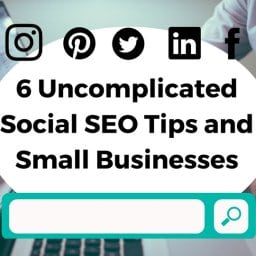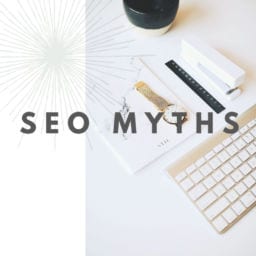Creating a strong title for your blog is just as important as the content backing it. That’s why you need to make note of what to keep in mind for creating the right right blog titles. There are many factors and many varying opinions but, over the years and trends in marketing, the following steps have proven to support strong marketing tactics. Considering these 6 tips will guide you in making the most of your content marketing.
Determine the tone of your article. Is it serious or more casual? Your title will alert the reader of the type of content they should expect. This could be the deciding factor if they are in the right mindset to read it now or later. Depending on the search requirements, you can attract the right audience simply by the tone.
Peak curiosity. Give them enough to get the idea, but not too much that they can assume what the article may include. If your title is too detailed, they may feel they got enough just by seeing that. If your title is too vague, it could decrease the interest enough to not bother opening at all.
For example: “How’s your email marketing going?” lets the reader know the article is about email marketing, but they need to continue reading to determine if it’s about benefits of email marketing or new trends and updates to improve their email marketing process.
Always include the keyword focus (in some form). The entire purpose of sharing any blog item is to focus on a given topic. That topic, for SEO purposes, is the keyword goal. If your title doesn’t provide leeway to that, it’s very misleading. It could cause a negative effect by generating false leads and create high bounce rates. You could also miss out on potential traffic that’s searching for exactly what you’ve provided but bypassed it because they didn’t see what they wanted in the title. Understand the main focus of your article and keep consistency with how you market it.
Be creative. Don’t stick to the same old, same old. Combine all the items we covered so far to ensure you are creating the right tone, drawing interest and making your focus clear into an attractive title. Long gone are the days where you can slap a few words up and let the readers come to you. You have to stand out, be eye-catching, be clear on what you are about to share and not be repetitive. Think “catchy phrase” + “keyword focus” + “target audience”.
Using the same example from earlier; how different is simply using “Email Marketing” versus “How’s Your Email Marketing Going”. Or “Social Media Marketing” versus “Taking the Right Steps for your Social Media Marketing”.
Play on emotions. Today’s marketing is very much about emotions and creating a connection with your target audience. What titles are going to click or make them feel something strong enough that they can’t ignore it? Should your title provide a sense of fear or urgency? If you are sharing “must know” or “act now” info then display that in the title. The title “Avoid the Same Marketing Mistakes” puts doubt and wondering into the viewer and if they don’t continue reading they will fear they are making the same mistakes without realizing it. That “fear” is hard to ignore and entices people to read more to ease their worries. People also like to be in the know. They find comfort in knowing they know what everyone else knows. By saying “Here’s What You Can Expect from Gutenberg” creates an alertness that there’s something new happening and they need to keep reading so they know the latest.
Don’t be deceiving. Aside from trying to create a catchy, meaningful title that will encourage an emotional attraction and action follow through, you cannot be deceptive. Do not include a topic in your title that is not covered in the article or news piece. That’s a sneaky way to attract an audience and will quickly backfire. For one, Google will quickly pick up on this and reduce your SEO rankings when they don’t see a correlation in the content you are providing and what you claim you have provided. Secondly, you will get a high bounce rate from viewers clicking and immediately leaving. You’ll also run the risk of getting negative, public reviews from angry searchers. If you gain the reputation of being untrustworthy in the land of online resources, that will be hard to reverse.
















